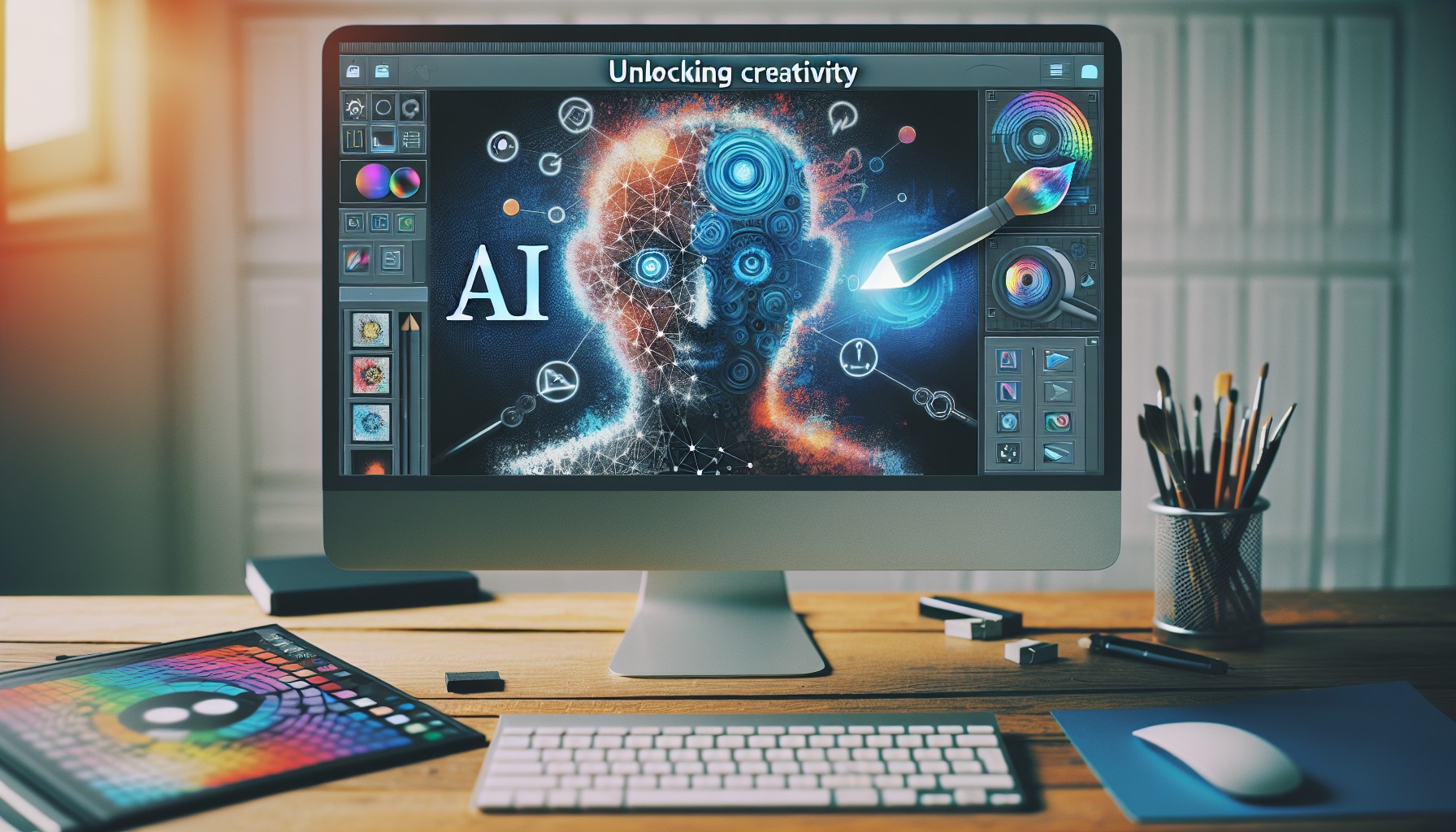The digital landscape continues to reshape itself at an unprecedented pace, and 2025 marks a landmark year for artificial intelligence as it permeates even the most basic aspects of our technological infrastructure. Two of Windows’ most foundational utilities, the Calculator and Notepad, now come equipped with AI enhancements that aim to revolutionize the way users interact with these longstanding tools. While these updates promise increased productivity and functionality, they also raise questions about user control and privacy, prompting discussions on how to navigate this new terrain.
The Calculator, a staple in the Windows ecosystem, has evolved from a simple arithmetic tool to a sophisticated AI-powered assistant capable of understanding complex mathematical queries. Now, it leverages machine learning algorithms to predict user needs based on previous inputs and can even offer step-by-step solutions for complex calculations. This transformation allows users to not only perform calculations but also learn the underlying principles, making it an educational tool. However, this enhanced functionality comes with the trade-off of increased data collection, as the AI requires access to previous usage patterns to offer personalized assistance.
Similarly, Notepad, the humble text editor, has undergone a significant transformation. With AI integration, it now offers advanced grammar and style suggestions, akin to specialized writing software. This feature is powered by natural language processing (NLP) algorithms that understand context and intent, helping users craft more coherent and polished text. Additionally, Notepad can now auto-summarize lengthy documents, a feature that is particularly useful for students and professionals dealing with voluminous information. However, this requires the system to process and analyze text input, raising concerns about privacy and data security.
For users who cherish the simplicity of the original tools or are wary of the privacy implications, Windows provides options to disable these AI features. In the Calculator, users can revert to classic mode by accessing the settings menu and turning off predictive calculations. This ensures that while the tool retains its basic functionality, it no longer collects or analyzes data for enhanced features. Similarly, Notepad users can disable the AI-driven suggestions and summarization features by toggling the respective options in the application’s settings. This customization empowers users to maintain control over their experience and data.
The introduction of AI into these utilities has sparked a broader conversation about the balance between innovation and privacy. While the enhancements undeniably increase efficiency and offer new learning opportunities, they also highlight the need for transparent data policies. Users are increasingly aware of how their data is used and stored, prompting companies to adopt more stringent privacy measures and offer clear opt-out options for AI-driven services.
As AI continues to integrate into everyday tools, it’s crucial for users to remain informed and proactive about their digital footprint. While the new features in Calculator and Notepad are designed to enhance user experience, they also serve as a reminder of the broader implications of AI in our lives. By staying informed and exercising the options to customize or disable AI features, users can enjoy the benefits of technological advancements without compromising their personal data security.
The arrival of AI in such basic utilities as Calculator and Notepad is indicative of a larger trend towards intelligent software environments. As these technologies become more pervasive, they will likely redefine our expectations of software capabilities, pushing the boundaries of what we consider possible in our daily digital interactions. The challenge moving forward will be to harness these capabilities responsibly, ensuring that the march of progress does not outpace the ethical considerations that must accompany it.
Ultimately, the integration of AI into Windows utilities represents both an exciting opportunity and a critical point of reflection. As we embrace these changes, we must also engage in ongoing dialogue about the implications of AI, ensuring that its development aligns with our values and priorities. Whether through empowering users with choice or establishing robust privacy frameworks, the goal is to create a digital future where AI serves as an enabler of human potential rather than a source of concern.
